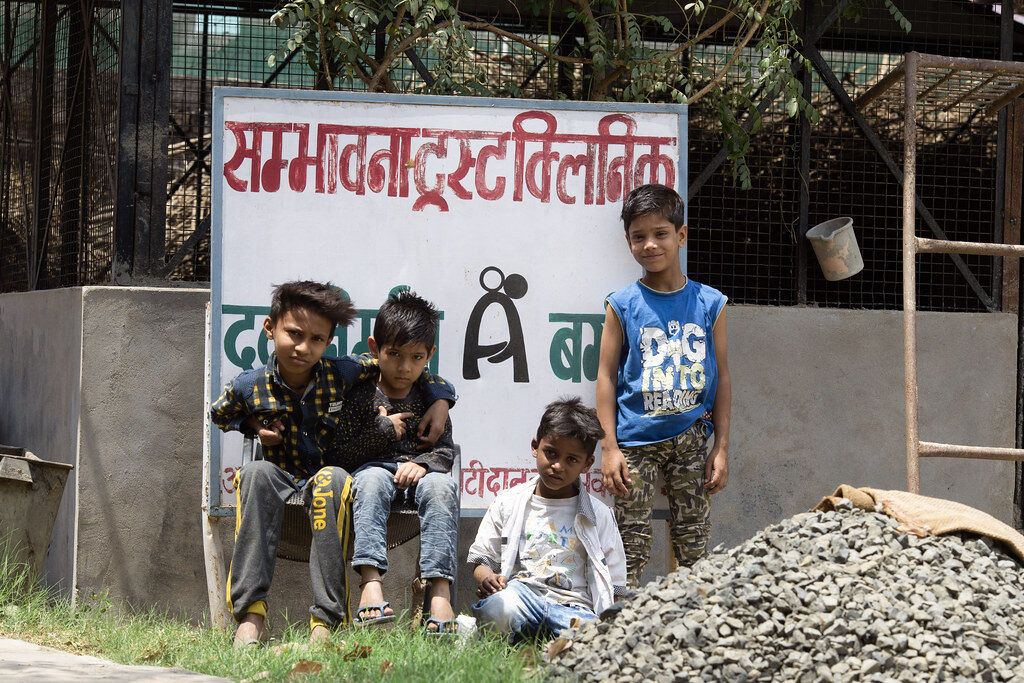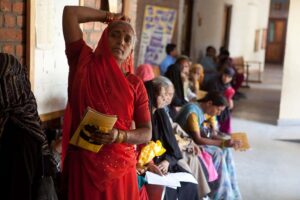Saving The Sambhavna Clinic And Its Endless Possibilities
Oct 16, 2021 | Shalini Rai
The clinic is situated right in the middle of the communities severely affected by one of the worst industrial disasters in the world. Nearly 38 years after the Bhopal gas tragedy and 25 years since it opened its doors, the Sambhava Clinic finds itself in a quandary. The Sambhavna Trust currently needs to raise funds to run the clinic. Their registration under the Foreign Contribution (Regulation) Act has been cancelled, bank accounts have been frozen, and efforts made so far to re-register have been denied
The first time I visited the Sambhavna Trust Clinic was in 2009, when I was working with a national newspaper. I had gone to the Union Carbide factory site on the same day, before reaching the clinic with my Dad and a cousin. I had hoped that a detailed write-up on the clinic and its activities would follow my visit, but it was not meant to be, since my proposal was shot down by the seniors at my paper, saying there was a ‘glut’ (their words) of information on the Bhopal Gas Tragedy already.
Yes, the Sambhavna Trust Clinic works with survivors of the Bhopal Gas Leak disaster of December 3, 1984. It opened its doors in September 1996. It provides free of cost medical care and support to gas victims, survivors and their families. These include children, who display symptoms of and suffer from various ailments related to gas leak poisoning.

The second time I visited Sambhavna Clinic was in early July this year. This time, I was working freelance and had a better chance of writing about the institution and its contribution to the amelioration of the lives of Bhopal Gas Tragedy survivors. I distinctly remember being struck by the calm and tranquility exuding from its red-brick structure, with the sound of flowing water adding to the peaceful effect of the environs.
Located 400 metres south of the Union Carbide plant, the clinic is situated right in the middle of the communities severely affected by one of the worst industrial disasters in the world. It is run by a group of professionals (doctors, writers, social workers, scientists) who strive to provide an innovative blend of traditional and modern therapies free of cost to Bhopal Gas victims. It is concerned with the long-term welfare of gas victims and is an independent, community-based, non-governmental initiative.
However, nearly 38 years after the Bhopal gas tragedy and 25 years since it opened its doors, the Sambhava Clinic finds itself in a quandary. The Sambhavna Trust currently needs to raise funds to run the clinic. Their registration under the Foreign Contribution (Regulation) Act (FCRA) has been cancelled, bank accounts have been frozen, and efforts made so far to re-register have been denied.
It effectively makes it impossible for the Sambhavna Trust to access foreign funds that have already been raised. As a result, it has become challenging to continue to provide treatment to the 36,000 registered survivors and pay salaries to doctors and staff. The staff, half of whom are survivors of the disaster themselves, have taken deep voluntary cuts to their salaries to continue to serve at the clinic.
In order to be functional for the next six months, the Sambhavna Trust needs to raise Rs. 1.25 crore.
